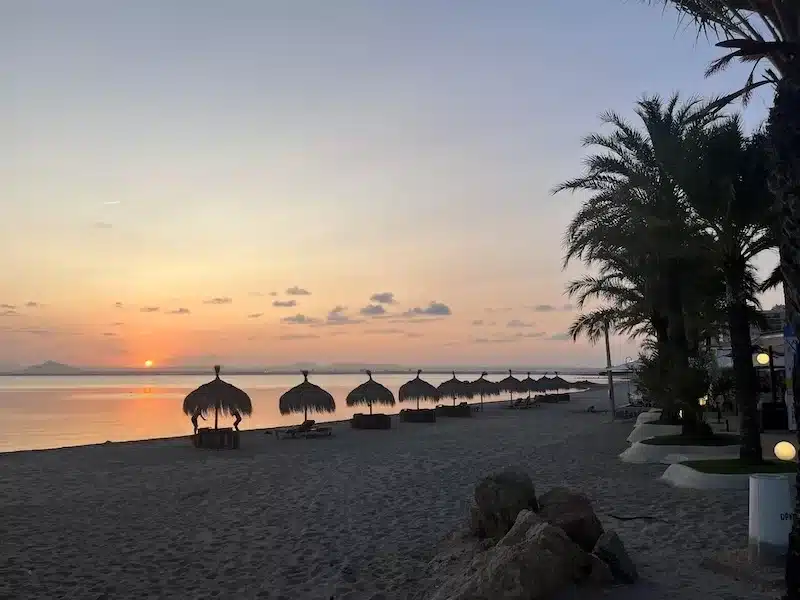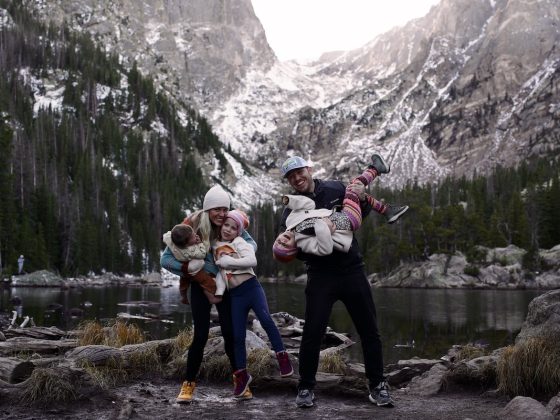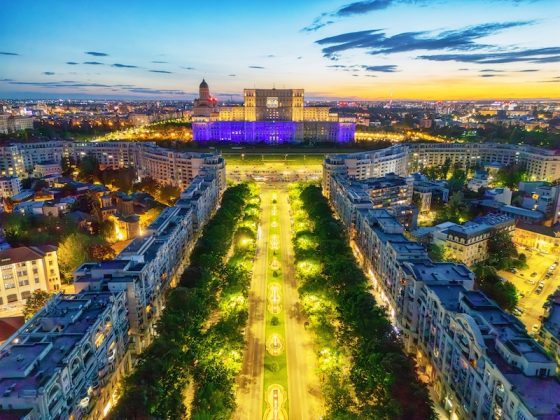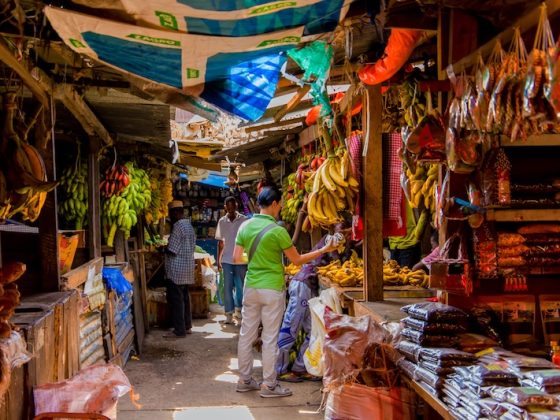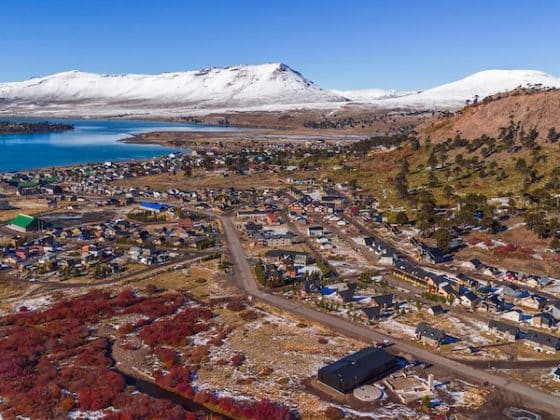The thing about falling in love abroad is that everything already feels like a story. The streets are unfamiliar, the language dances differently in your mouth, and even the smallest touch can feel cinematic. But what they don’t tell you is that dating overseas isn’t all sun-drenched terraces and stolen kisses in foreign tongues. It’s language barriers, cultural friction, and sometimes heartbreak in a country where you don’t even know how to ask for help.
I’ve spent the past decade living across continents—Spain, the Netherlands, the UAE, West Africa. Along the way, I’ve fallen in and out of love more than once—and not just with people, but with cities, with versions of myself. I even moved from one Spanish island to another for someone, only to return to the first when it didn’t work out. Now in my thirties, single again in Barcelona, I find myself reflecting on everything these international romances have taught me—and what they never could.
This isn’t a guide. It’s not even really advice. It’s a reflection and a reckoning. A love story that spans airports, apartments, misunderstandings, and the quiet power of starting again.
This isn’t a guide. It’s a reflection and a reckoning. A love story that spans airports, apartments, misunderstandings, and the quiet power of starting again.
Read more like this: Tips to Move Spain
A Dating Abroad Story: The Romance of Arrival
There’s a kind of electricity that hums beneath your skin when you’re new in a city. Something in the air says anything could happen. And often, it does. You’re open, malleable, a little disoriented—in the best way. Your accent is charming, your story unfamiliar, your presence something of a curiosity. In some places, this curiosity translates into affection. In others, it becomes projection. Either way, being new makes you hyper-visible. And for a while, that visibility is exhilarating.
In Spain, this interest often arrives in the form of flirtation—frequent, unapologetic, sometimes disarmingly direct. You find yourself invited into conversations, into lives, into possibilities you hadn’t yet imagined. But quickly, you learn that attraction in one culture doesn’t always signal the same intentions as it might in another. The gestures are universal, but the meanings behind them are not. Emotional availability doesn’t always mean emotional depth.
In the UAE, the rhythm is different. The expat scene moves quickly. Relationships flare and fizzle, often dictated by visa cycles, work contracts, and unspoken timelines. The transience creates intensity—but not always depth. What feels like a whirlwind romance can sometimes just be two people clinging to familiarity in a foreign place. Status, nationality, and perception play heavy roles in shaping expectation.
But no matter where I’ve landed, I’ve noticed that the early spark of being new is like a drug. You’re asked about your story. You’re pursued because of it. There’s magic in that. Yet novelty and intimacy are not the same. One fades fast. The other takes time. And in the spaces in between, you start to understand what you actually need—and what you were chasing to begin with.
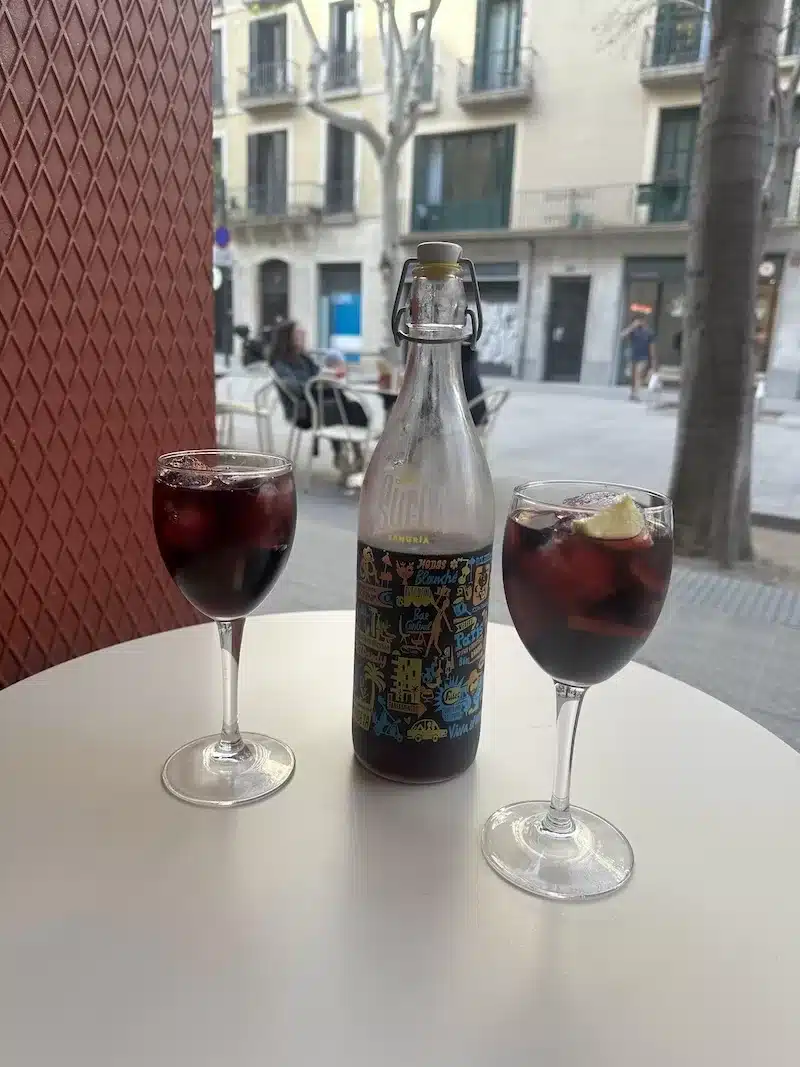
Love in Translation
There’s a kind of romance in dating someone who doesn’t speak your language fluently. In the early days, it can feel exciting—exotic even. You learn to communicate with your hands and eyes, relying on patience. Mistakes turn into laughter. You look up words together, slowly building a small, private language of your own.
But over time, you begin to notice the gaps. You wonder whether the person in front of you is truly quiet, or just limited by vocabulary. You begin to feel unsure—are they deeply reserved, or do they just not know how to express themselves in a second tongue? When someone can’t articulate their thoughts clearly, you start to fill in the blanks for them. And those blanks can quickly turn into illusions.
In my experience, language—when not shared at a deep level—becomes a fog. You see the silhouette of the person, but not the details. Intelligence, humor, values—they get lost in the blur. And worse, you might mistake effort for connection. Just because someone is trying doesn’t mean you’re understanding each other.
Even if they speak your language well, the nuances might not travel. And what’s more, their family might not speak it at all. That can lead to deep feelings of isolation. You find yourself at dinner tables where conversations swirl around you like static. So you smile, offering a nod here and there. But you miss the jokes. The stories. The subtext. And relationships are made up of subtext.
It’s not enough to share words—you have to share meaning. Language can be a bridge, but only if you’re both walking across it.
Language—when not shared at a deep level—becomes a fog. You see the silhouette of the person, but not the details.
Cultural Contrasts
Dating is never neutral. It’s shaped by context, by codes, by unspoken rules that differ wildly across borders. What feels romantic in one culture can feel invasive in another. What feels reserved to you might be interpreted as indifference by someone else.
In Spain, for instance, there is an immediate warmth—a physicality that can feel intense to the British part of me. Communication is fluid and expressive. Planning a weekend away after a few dates isn’t strange; it’s part of the cadence. But it took time for me to understand that this was cultural, not necessarily personal. Emotional availability doesn’t always equate to emotional commitment.
In the Netherlands
In the Netherlands, I encountered a different kind of challenge: radical honesty. Dutch directness is famous, and in dating, it strips away the performative layer entirely. What you see is often what you get—clear expectations, little room for ambiguity, and a disarming candor that can feel refreshing or confronting, depending on your own cultural background. For someone used to more coded or courteous forms of courtship, this straightforwardness could be jarring. Romance didn’t come wrapped in grand gestures—it came in showing up on time, in bike rides home, in equal footing from the start.
In the UAE, romance was more coded. Between conservative norms and liberal expat lifestyles, it was hard to locate the truth of people’s intentions. Wealth and status often stood in for substance. Flashy dates and curated lives looked good on the surface, but many of those connections lacked the grounding I craved. The performance of connection isn’t the same as the reality of it.
Every place offers its own playbook—and every time, you must rewrite yours. That takes honesty. You have to ask: which parts of my dating habits come from me? Which ones come from home? And which ones am I willing to shed?
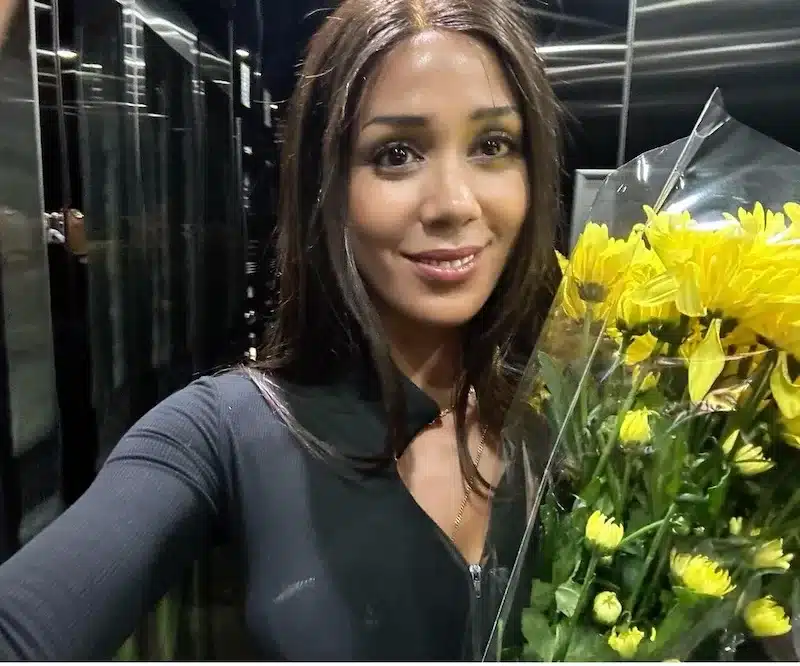
Don’t Move for Someone
There’s a mythology we’re sold about love across borders—that it’s noble to follow someone across the world. But here’s the truth: if you’re going to move, do it for the life you want, not just the person who wants you.
Moving abroad is destabilizing. New language, New bureaucracy, New everything. If your reason for being there starts and ends with a relationship, what happens when it falters? I once moved to a new island to be with someone. When it ended, I had to return to the place I’d left, emotionally and logistically disoriented. Too many people I’ve met built their entire ecosystem around their partner—only to find themselves stranded when the center fell apart.
My advice: have your own purpose. Your own rhythm. Your own goals. Let love be the bonus, not the backbone. Because independence, once lost, is hard to retrieve.
Have your own purpose. Your own rhythm. Your own goals. Let love be the bonus, not the backbone.
And! Never Move In Too Soon
When you meet someone abroad, there’s a tendency to accelerate. Everything feels urgent, fated, charmed. Rent is expensive. Emotions run high. Suddenly, you’re sharing a flat before you’ve even had a proper argument.
Resist that urge. You need space—literal and emotional. You need to learn the city solo, find your rituals, and build your network. Living together shouldn’t be a convenience. It should be a conscious decision made from stability, not infatuation.
Too many people confuse proximity with compatibility. But sharing a bed doesn’t mean sharing values. Take your time. If it’s real, it will hold. You’ll never regret taking longer to truly understand someone. But you might regret having to untangle a life built too quickly, too soon.
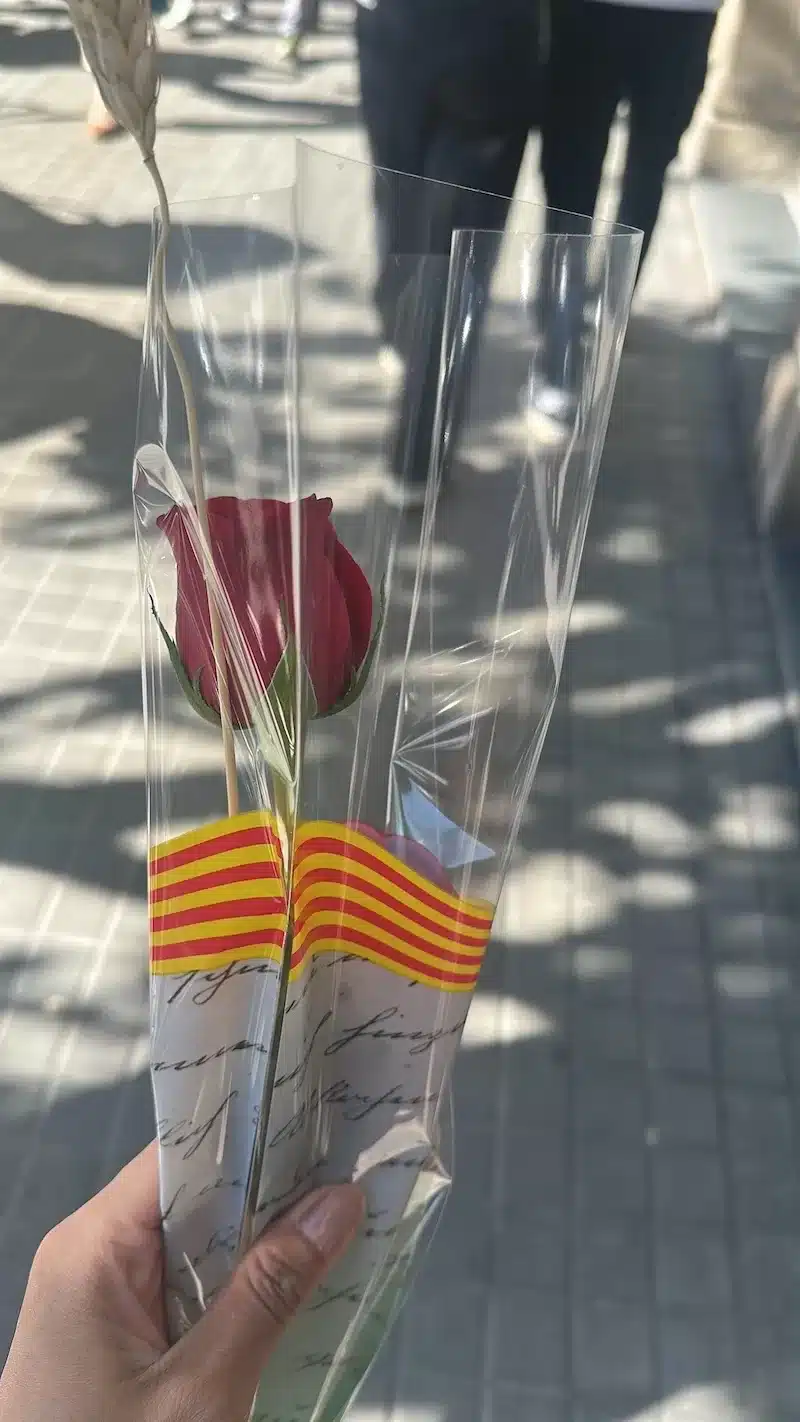
The Heartbreak Factor
Heartbreak abroad is visceral. It bleeds into everything. The routes you used to walk together. The restaurant where you first kissed. The scent of their aftershave on your scarf. Without the cushion of friends or family nearby, it hits harder. Loneliness becomes a second skin.
But it also becomes the beginning of something else. You start talking to yourself more—figuring things out without the noise. You learn to sit in pain, then move through it. I’ve nursed heartache in beach bars, in rainy trams, on sun-warmed balconies. And in those places, I found fragments of myself again.
Pain abroad is clarifying. It forces you to remember what you actually value—and who you are when no one is watching. It teaches you that healing can be quieter than you thought. Less cinematic. More internal. You find new rituals. A new routine. You go for runs, find a club, and slowly, you begin again.
And strangely, that’s its gift.
Build Your Circle First
When you move somewhere new, it’s tempting to channel all your energy into a romantic connection. But don’t. Build your friendships first. That’s your real infrastructure.
I’ve been rescued by girlfriends I met at Spanish lessons, by neighbors who invited me to dinner, by strangers who became lifelines. And when things have gone wrong—because they do—it was these people who carried me.
Friendship gives you context. It teaches you how to exist in a place without relying on romance to validate your experience. It also makes you more attractive—rooted people are magnetic. People who love their lives draw love in return.
And when your closest friends are scattered across continents, as mine are, that support system becomes a living map of your resilience. A web that stretches across time zones. A reminder that home is not always where you are, but who you can call. In a world that shifts so quickly, the friendships you build can become your most enduring relationships.
Friendship teaches you how to exist in a place without relying on romance to validate your experience.
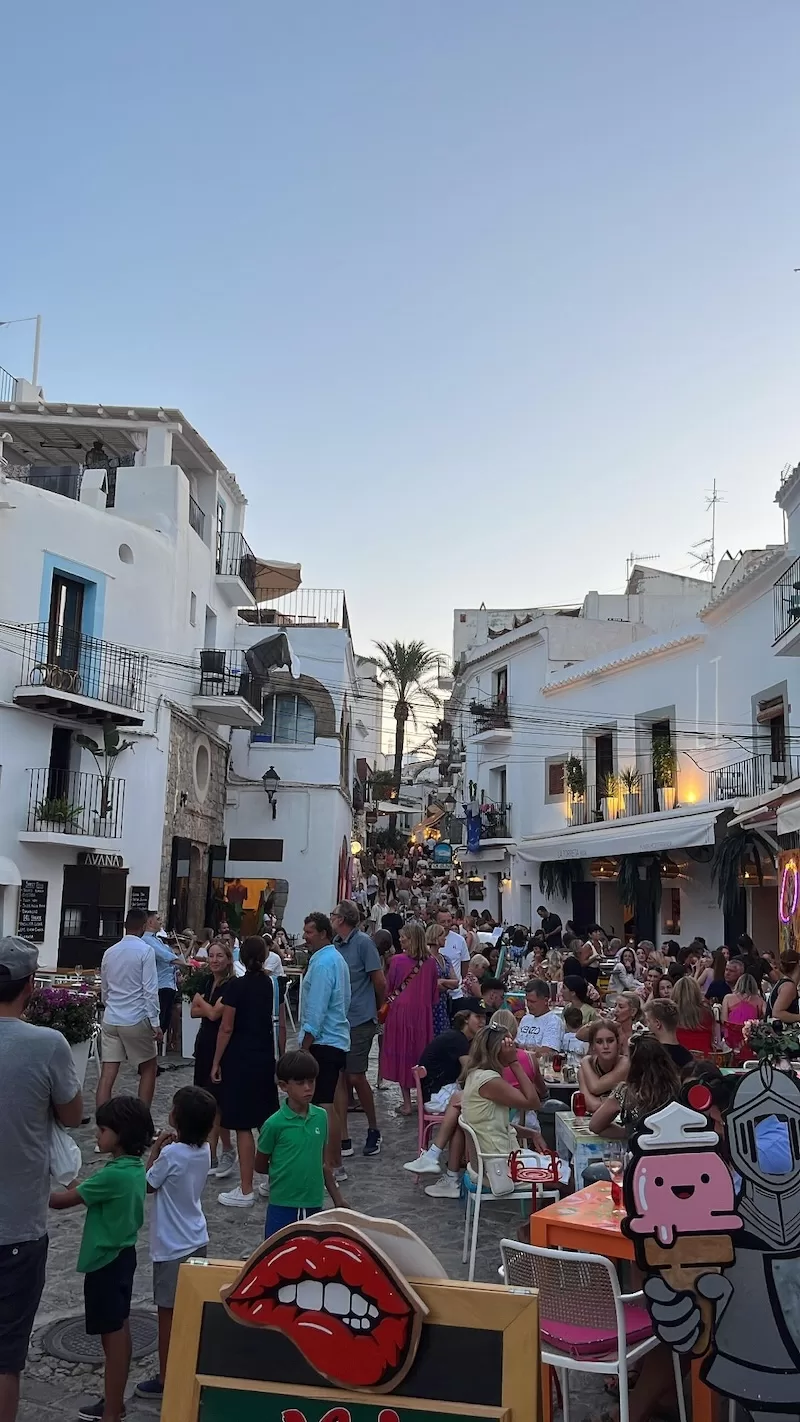
Beauty in Difference
Despite everything—despite heartbreaks and culture clashes and language fog—there’s something astonishingly beautiful about falling for someone from another world. The contrast, when it works, doesn’t divide. It expands.
I’ve sat at dinner tables hearing childhood stories shaped by different landscapes. I’ve learned new expressions, new ways of arguing, new rituals of love. And even when it didn’t last, I left those connections larger than I was before.
To be seen by someone from a totally different life, and to truly connect—that’s magic. Even brief love can make you feel like you’re living in full color. And it teaches you: people are people. Across all borders. That perspective is its own kind of gift.
There’s something astonishingly beautiful about falling for someone from another world. The contrast, when it works, doesn’t divide. It expands.
A Love Letter to Independence
Now, in my mid (to late!) thirties, I look around at the life I’ve built and I know it’s something I created. While friends back home went through marriages, children, and divorces, I moved countries. I started businesses. I wrote myself into new chapters again and again.
Sometimes I wondered what I was missing. Other times, I saw clearly what I had. The freedom. The stories. The strength that comes from experiencing life on your own terms. From having no safety net except the one you’ve stitched together from instinct, courage, and community.
This isn’t a rejection of love. It’s a celebration of self. And of the richness that comes when you stop waiting for someone to join your life, and start living it fully for yourself. If I could write to my younger self, I’d say: it’s okay not to have the map. Just build a life that excites you. Build it so well that when someone does come along, they’re not the reason you feel whole. They’re just someone wonderful to share it with.
You may find, years from now, that your life looks different from everyone you left behind. They may have a life that fits traditional societal expectations of a woman. You have cities, experiences, wisdom. And maybe a cat curled beside you in a sun-drenched flat in Barcelona, a calendar full of meaningful work, joy-filled friendships, and enough stories to last lifetimes. This, too, is a full life. One built intentionally. One built well.
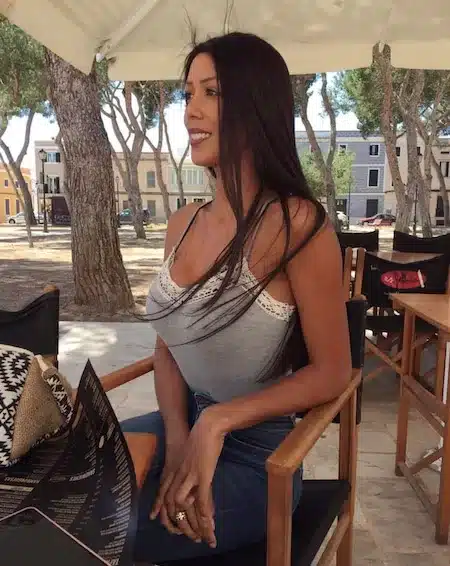
Love Without Borders
Dating abroad isn’t a fantasy. It’s not just a postcard or a movie montage—it’s something deeper: layered and illuminating. It shows you who you are when there’s no one around who sounds like you—and who you can become when you stop needing that to feel seen.
You learn to navigate nuance. To let go of ideals and listen more closely to instinct. You learn what partnership really means when everything else is foreign—and when love must rise above language, culture, and context to survive.
There’s no formula. No one path. But what I’ve learned, in all these years and all these places, is that it’s possible to create a life that is whole on its own. One that is rich with experience, lit by curiosity, and held by the connections you’ve built—not just romantically, but across every corner of the world you’ve touched.
And maybe, in the quiet moments, in the rituals you’ve made your own, in the peace that now feels earned—you realize something deeper. That the most enduring relationship you’ve created isn’t just with yourself. It’s with the life you’ve chosen to live. And that, really, is the kind of love that lasts.
The most enduring relationship you’ve created isn’t just with yourself. It’s with the life you’ve chosen to live. And that, really, is the kind of love that lasts.
Loved this story about dating abroad?
If you’re navigating love across borders or curious about what it’s really like to date someone from another culture—don’t miss future episodes!
Subscribe now for more honest stories, relationship tips, and global love insights.
Love knows no borders—and neither do we.
